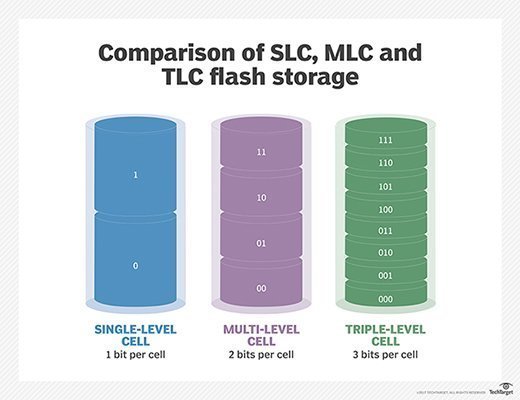With A Few Dating Apps: less sex that is casual Casual Text
Jason Sprung, a comedian that is 26-year-old Brooklyn, linked a year ago in the location-based dating application Tinder with a Tennessee girl who had been visiting ny. The two didn’t get an opportunity to get together while she was at town, but that didn’t deter them.
“We talked on the phone every for almost a month and sent a lot of texts and photos and videos and sexts,” Mr. Sprung said day. “We’d have phone intercourse. It felt near to a relationship without really seeing each other.”
The few expanded therefore intimate that the lady promised she’d relocate to ny in 6 months. Mr. Sprung couldn’t wait that very long. “So we broke up with somebody I’d never even met before,” he stated.
While their main thinking ended up being logistical, he acknowledged that there was something different behind it. “You build this rapport” up throughout the phone and computer, he stated, “and the objectives that people had of every other had been extremely high. And I also knew I’m maybe not that great of an individual. There’s no real way i’m planning to live as much as that.”
Mr. Sprung’s tale of a non-IRL (“in real world,” for the people of a age that is certain extended liaison just isn’t unique. More technophilic and commitment-phobic millennials are shying far from real encounters and supplanting these with the psychological satisfaction of digital quasi relationships, flirting via their phones and computer systems without any intention of ever fulfilling their intimate quarry: less sex that is casual casual text.
As opposed to anecdotal claims regarding the hegemony of hookup culture, a few studies recommend adults are without having since much intercourse as thought. A 2013 University of Portland research surveyed 18- to 25-year-olds that has finished one or more 12 months of university, comparing outcomes from 1988 to 1996 to those from 2002 to 2010. Less participants from the more“hookup that is recent reported having had intercourse in the previous 12 months (59.3 percent versus 65.2 per cent), and reduced figures stated that they had had multiple lovers.
“We aren’t in the middle of a new period of no-rules-attached sex,” concluded among the study’s writers, the sociology teacher Martin Monto.
Students are more intimately moralistic than it’s possible to suspect. A 2013 research from the University of Illinois  at Chicago of 19,000 of them discovered that 73 percent missing respect for either women or men (or both) whom they thought connected “a lot” (an admittedly subjective amount).
at Chicago of 19,000 of them discovered that 73 percent missing respect for either women or men (or both) whom they thought connected “a lot” (an admittedly subjective amount).
Demonstrably, sex just isn’t moving away from fashion with 20-somethings, in addition to simulacrum just isn’t changing the genuine thing anytime quickly. (Indeed, the Portland research noted that more participants within the contemporary duration are having casual intercourse, though this could additionally be a byproduct of fewer of those having a frequent sexual partner or partner.) Nevertheless the expansion of choices through internet dating, the convenience and reduced psychological stakes of screen-based interaction, and prepared usage of pornography are creating a generation that often prefers to keep real relationships at phone-tapping thumb’s length.
Young males, a demographic as yet not known for pickiness in terms of flings, could be many prone to these paradigm changes.
Historically, women “used to possess more choices on a level that is face-to-face” said Sesen Negash, an assistant teacher of few and household therapy at Alliant University in hillcrest who has got worked at lots of university campuses. That is changing within the world that is post-FaceTime.
“There’s more accessibility to ladies that males may well not have had before,” she stated. “They have actually numerous apps and websites that they’re on simultaneously. Virtually, there’s that sense that we now have therefore many choices that they don’t need certainly to select.”

